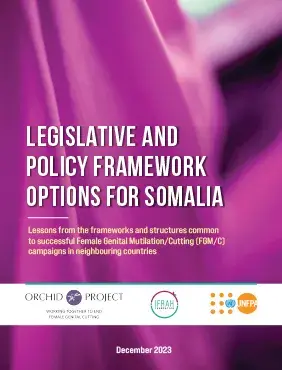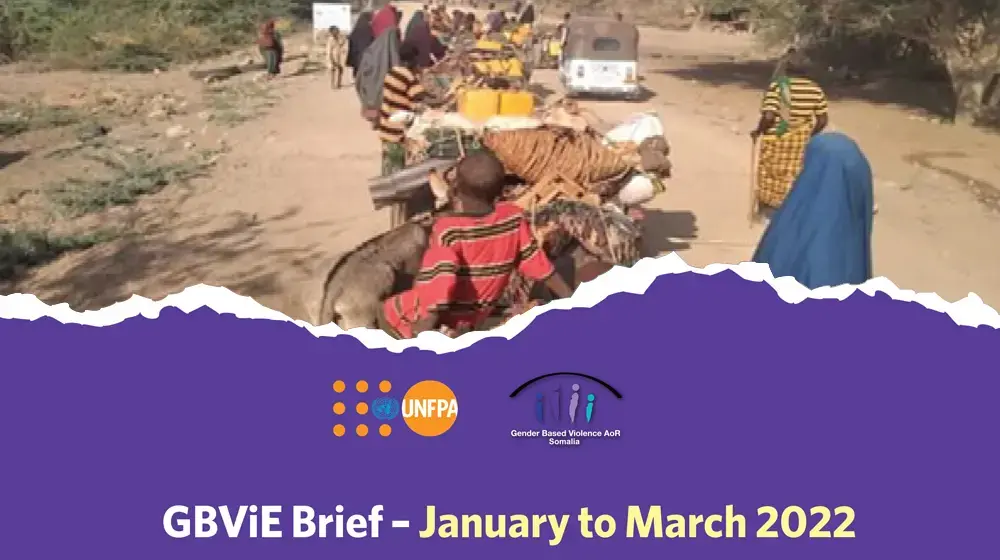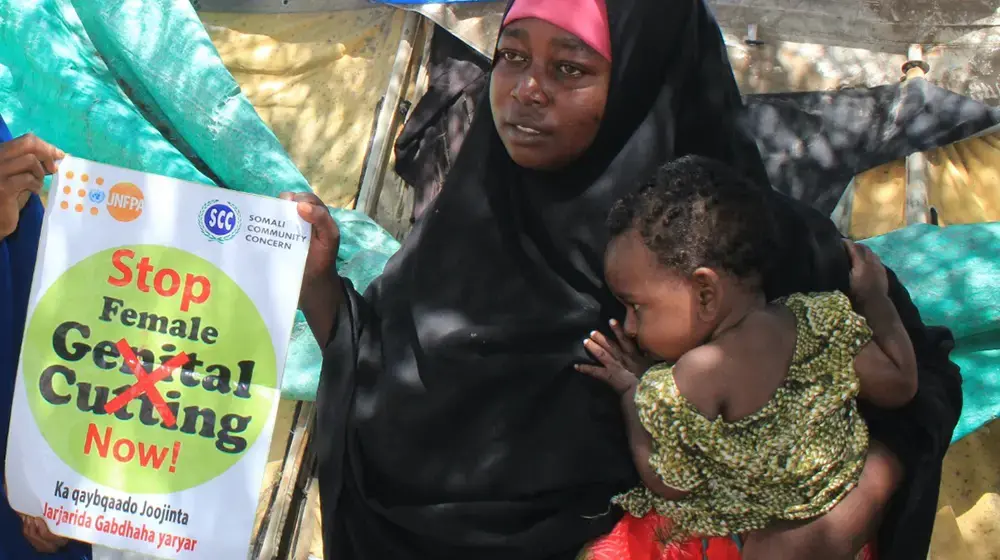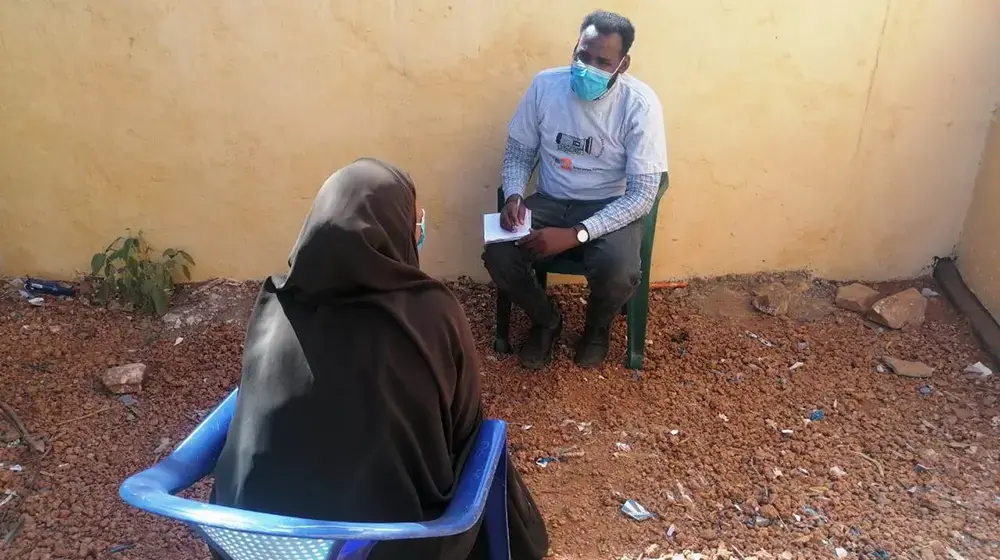This research, conducted by the Orchid Project and commissioned by the Ifrah Foundation, aims to examine factors that have contributed to reducing the prevalence of Female Genital Mutilation/Cutting (FGM/C) in countries neighboring Somalia. The study seeks to understand the influences and structures that have facilitated the introduction of legislation and policies regarding FGM/C.
Somalis are dispersed across various countries, with an estimated 12,693,796 individuals residing in Somalia, of which 85% are ethnic Somalis. Conflict and insecurity have led to nearly 3 million internal displacements and approximately 600,000 Somali refugees in neighboring countries such as Kenya, Ethiopia, Yemen, Egypt, Djibouti, and Uganda. Significant Somali populations are found in Ethiopia (4.5 million), Kenya (2.8 million), and Djibouti (585,000).
FGM/C is widespread in Somalia, with a prevalence rate of 99.2% among women aged 15-49 years as of 2020, a figure consistent since 2006. The practice is often associated with religious beliefs, with 72% of Somali women in Somalia viewing it as a religious requirement. Interestingly, this belief is even higher among Somali women in Kenya, at 82.3%.
While FGM/C prevalence rates in neighboring countries within the Horn of Africa are lower compared to Somalia overall, Somali communities in these countries exhibit similar prevalence rates to those within Somalia itself.





